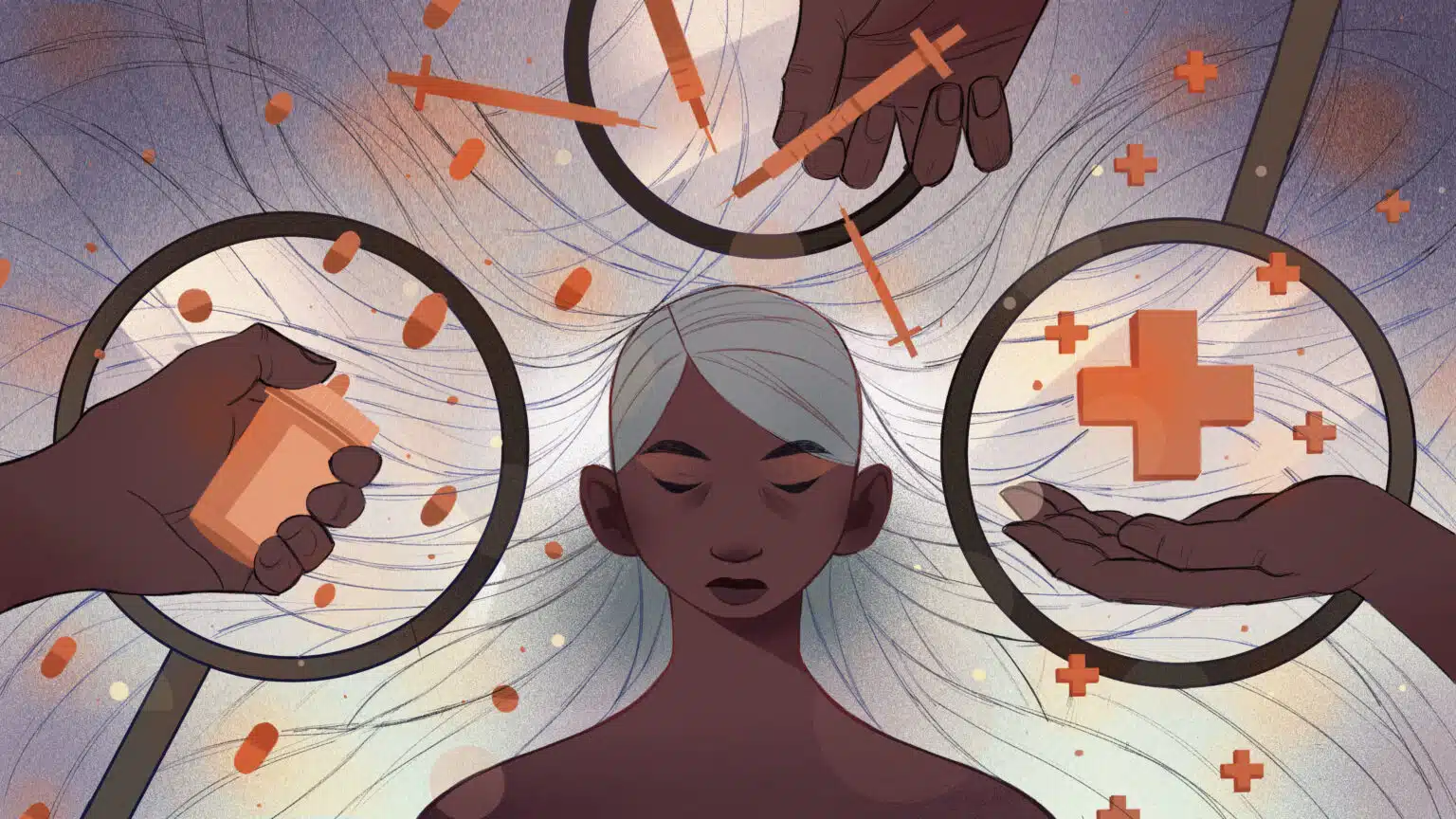How easily can people access safe and affordable abortions? A question to be asked after the landmark ruling of the Supreme Court upholding women’s rights to reproductive choices. It will be no help to women unless healthcare improves on the ground.

An unmarried woman with a pregnancy crossing 20 weeks was seeking abortion on the grounds of “failure of contraception” in Mumbai. The case was legally complicated because of the reasons provided by the doctors and hospitals for denying the abortion. The important thing to note here, in this case, is the date, i.e., December 2022. After being denied the right to abortion, She moved to the Bombay High Court, citing the Court’s September 2022 Judgement to get a favorable recourse.

Supreme Court Allows Unmarried women seek illegal means of abortion:
A landmark judgment was passed in September 2022, when the Supreme Court(SC) allowed unmarried women to avail themselves of medical termination up to 24 weeks of pregnancy. The Supreme Court held that discriminating between married and unmarried women was unconstitutional.
In the last few years, women have approved Supreme Court to seek help. Reports published in 2018 claims that at least 15.6 million abortion takes place in India every year and out of which around 78% takes place without any medical supervision. However, women in distress neither should have to run around Supreme courts or seek illegal means of abortion.
Women are still unaware of their legal rights to medically terminate a pregnancy. And the ones who do still opt for unsafe abortion because of the stigma and the moral policing they face at hospitals and by doctors. Abortion is a criminal act under Section 3(1) of the IPC until it is fulfilled by all the conditions in the MTP Act. With all the amendments over the years, the scope of abortion has expanded.

Awareness is skewed not only among women but even among healthcare providers, also, because of the overlapping of many laws like the PCPNDT Act and the POCSO Act. It creates lots of confusion and delays and often leads to the denial of safe abortion services. Ultimately, the implementation of these laws providing legal rights to women lies in the hands of doctors and hospitals. Hence, Social and cultural prejudice interferes with the interpretation of the law and, thereby, the execution of the law.
We are celebrating a progressive India where abortion is not criminalized. But, we often overlook systemic warriors and infrastructural inadequacies that stigmatize abortion, deny basic reproductive care and ultimately promote people to seek an unsafe abortion.
READ MORE: Bombay HC orders release of Kochhar,calls the CBI arrest illegal.













